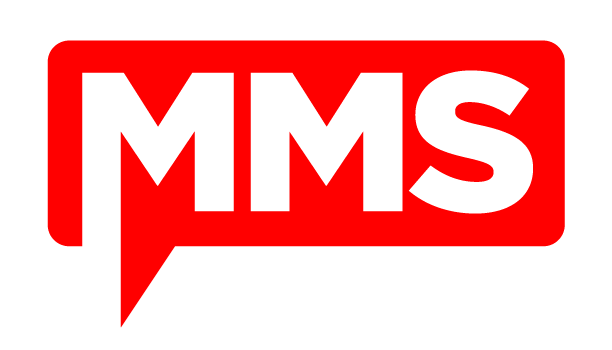
Shaking The GnuCash Account Tree
- Matt Zaske
- May 18, 2020
- 5 minutes
Over the years I've developed a habit where a short part (~30 minutes on average) of most weekends are dedicated to entering the week's receipts, reconciling (or balancing) accounts, updating investment fund values, and so forth. Once familiar with GnuCash, this process is pretty straightforward and easy to do. Then, roughly quarterly, I go through and double-check any accounts that have fallen behind this cycle for various reasons (sometimes an account wasn't used during that time, other times I just forgot to reconcile it, and so forth).
It is at these quarterly times when I tend to run a built-in Net Worth report, just as a reminder of being on a Good Path (and as a reminder of how much better things are than they once were). Positive reinforcement, if you will
Good Data, and Bad Data
As I've mentioned in past posts, I had some struggles with creating accounts on my own (again, pro tip: use the built-in account wizards), which caused its own set of minor issues along the way. And for the better part of a decade, I've just lived with a few of these choices. For 95% of what I use in GnuCash, having these accounts slightly misconfigured doesn't make a bit of difference.
But it does make a difference when calculating net worth.
As a workaround a long time ago, I created a new top-level account of a type that wouldn't be included in the default net worth calculations. Using it as a parent account for certain assets (house, vehicles, etc.), I could enter transactions as necessary, but wouldn't have to figure out how to make it work in a calculation. For a long time, this was fine...but I always knew it was out there...bugging me...especially every time I saw the 'Opening Balances' account.
Enter: Pandemic
A few weeks back I decided to finally tackle the issue, by looking at the help system for guidance and whaddya know, I stumbled across the exact information I needed to create proper parent accounts for this sort of stuff (fixed assets).
By creating a new top-level fixed assets parent/placeholder account, creating proper 'asset' accounts for each of these items, and then shifting the 'Opening Balance' for each of these to the asset (versus solely an expense or liability), instantly I made GnuCash behave the exact way it should...not the way I'd beaten it into submission for those items. Hell, I even went and created a couple of accounts for some things of 'value' we've had for a long time (for which there is no liability)...just to paint a more realistic picture.
Good for You; Now What?
This all seems unnecessary (and it probably is), but what this does is now account for a more realistic net worth picture when those reports are run. However, assets don't tend to just stick to their sticker price. So I also created a few sub-accounts for appreciation/depreciation and matching expense categories. Going back a bit, I entered annual estimated values for both appreciation and depreciation, which further tunes the net worth calculation. Because that car we bought 20 years ago does not have the same value as its sticker price...
Other Cleanup
I also took the time to reorganize the account tree, since I had figured out the fixed asset thing. There's more to be done on that front, as I reflect on what's practical and what needs clarification, but even the act of simply renaming a few accounts/categories can go a long way to better usage overall.
Placeholder Accounts
One of the things I've most liked about GnuCash is the ease of creating child 'honorary' accounts in the tree. These are often specific accounts to keep track of specific things (savings goal, slush/rainy day fund, etc.). Most banking services will let you do this, but I like the additional flexibility of unlimited sub-accounts. I might have a specific short or long-term goal in mind, and I can 'account' for progress in the sub-account but have it auto-reconcile with the parent account at statement time. Ultimately it's a way to keep track of something without needing to get bogged down keeping track of it on a bank statement. And if the goal is met or goes away...it's easy enough to either repurpose or remove (hide) the account from regular usage.
Why Do This Again?
Well, I share this mostly as an example of how, several years after the fact, I can still modify past 'sins' in configuration to behave as proper in GnuCash. Did it need to happen? Absolutely not. But as I've mentioned many times over, the value in good, clean data can really help paint a properly vivid picture of anything—in this case finances. And it's a testament to the power and flexibility of the product.
So go forth, see if you can make one minor or meaningful change in how you track your financial picture. If it's successful, try another change. Build on those experiences!
Headline photo via itsilesia






